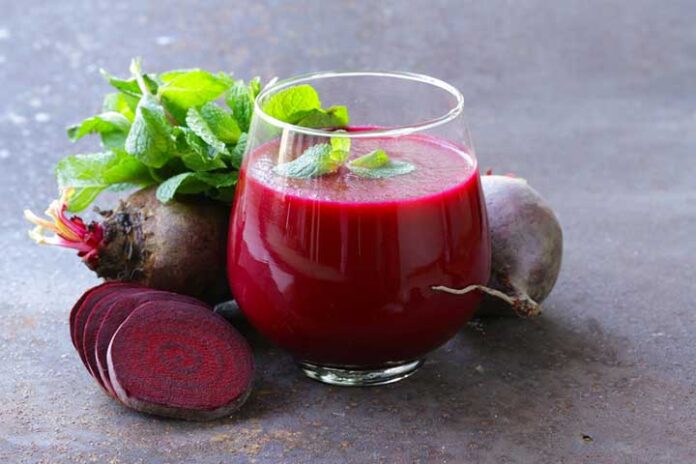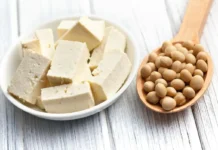Beets or Beetroot Glycemic Index
Beets are a root vegetable known for their vibrant color and nutritional benefits. The glycemic index (GI) of beets is around 61, classifying them as a medium-GI food. This means that beets can raise blood sugar levels at a moderate rate. Due to their GI, beets are generally suitable for most diets when eaten in reasonable portions, though people managing blood sugar might want to pair them with lower-GI foods or protein to moderate their effects.
Beets or Beetroot Glycemic Load
Despite their moderate GI, the glycemic load (GL) of beets is relatively low—around 5 per 100 grams. This low GL is due to their lower carbohydrate density per serving, which means that consuming a typical portion of beets is unlikely to cause significant blood sugar spikes. This makes beets a favorable choice for those focused on blood sugar management when included as part of a balanced meal.
Beets Nutritional Profile (per 100 grams, cooked)
Beets offer a variety of essential nutrients, particularly fiber, folate, and antioxidants. Here’s a detailed look at their nutritional profile per 100 grams of cooked beets:
| Nutrient | Amount per 100g | % Daily Value (DV) |
|---|---|---|
| Calories | 44 kcal | – |
| Carbohydrates | 10 g | – |
| Sugars | 7 g | – |
| Fiber | 2 g | 8% |
| Protein | 1.7 g | 3% |
| Fat | 0.2 g | – |
| Folate | 109 µg | 27% |
| Vitamin C | 3.6 mg | 4% |
| Potassium | 305 mg | 9% |
| Magnesium | 23 mg | 6% |
| Iron | 0.8 mg | 4% |
| Calcium | 16 mg | 2% |
| Water | ~87 g | – |
Beets are rich in folate and potassium, both important for cellular function and heart health. They also contain antioxidants like betanin which gives beets their red color and offers anti-inflammatory benefits.
In summary, beets have a moderate glycemic index but a low glycemic load, making them a nutrient-dense and manageable choice for those watching their blood sugar levels.






